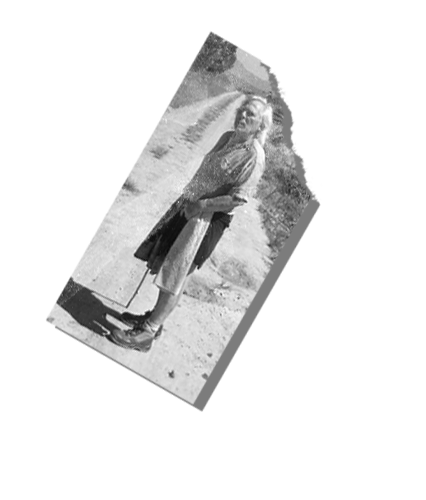Early Life

Peter Rimmer was born to Cyril and Eileen in April 1937 at Paddington Hospital, London. For many years he thought he had been ‘fished’ out by the Queen’s gynaecologist but his sister, Nina, eventually set him right. Nina and John, his brother, had been but not Peter. He was apparently ‘fished’ out by the assistant and was rather bemused! The family lived in Ashtead, Surrey, in rather privileged circumstances where, “father served grouse on mother’s birthday every year”, though at all other times, “cook did everything and Pavy, the butler, served the meals”. There was “a chauffeur, gardeners and a nurse for the children”.
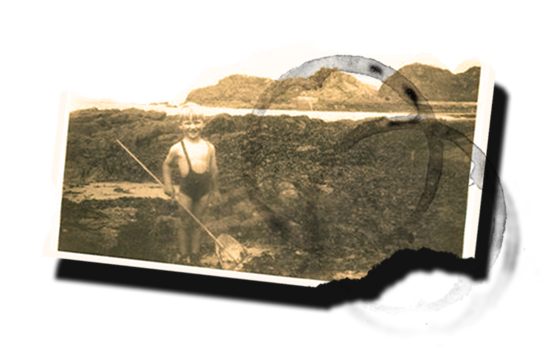
Peter’s father was co-owner of Mummery, Morse and Rimmer, a reinsurance company, where he travelled to Copenhagen, Sweden, Russia, Japan, America and many other European countries. He was a talented linguist speaking many languages including Japanese. Eileen, his wife and commonly known as Peggy, was one of the first women of her time to go to the Central School of Speech and Drama. After completing her studies, she had her own consulting room in London helping people with cleft pallets, stuttering and such like.
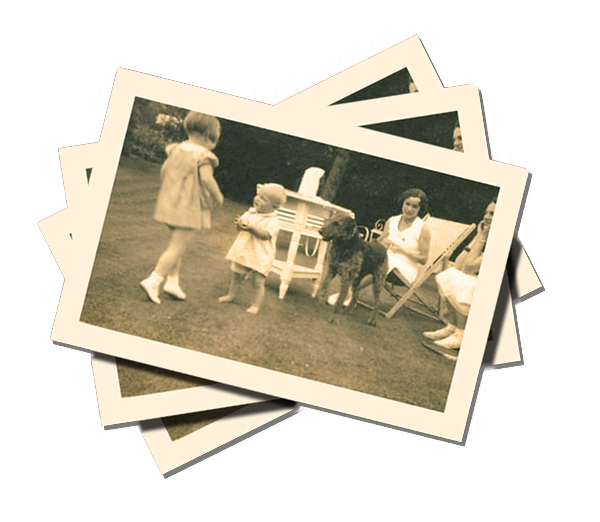
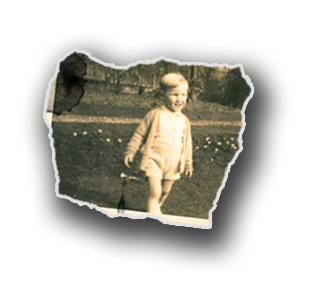
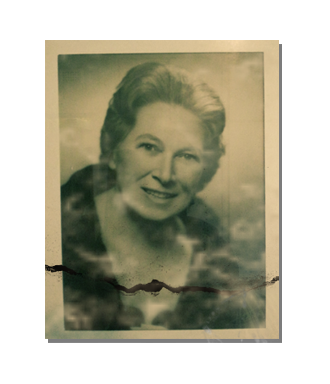
Peter and John went to the pre-prep school Downsend, in Ashstead, and afterwards went up to Cranleigh School, in the beautiful village of Cranleigh. Both schools are in existence today, though in Peter and John’s time, both were boys-only schools.
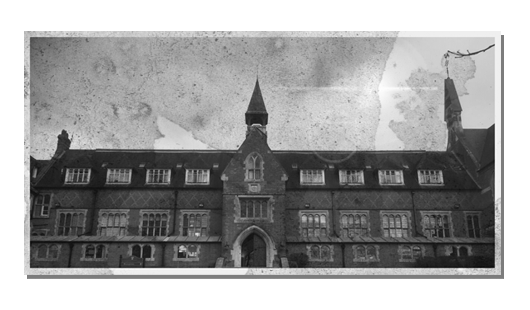
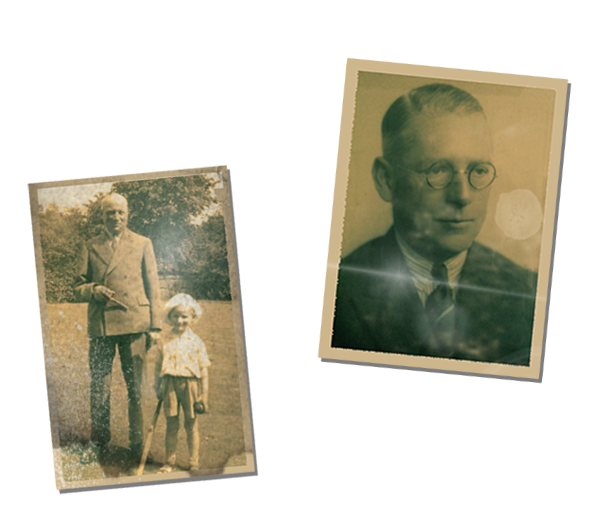
Neither boy grew to a great height and Peter was known as the Runt at school! Apparently his favourite pastime was football, but that all came to an end when he suffered an eye injury and had to start wearing glasses. With the loss of his love of playing football, he now had no choice but to concentrate on his school work! Years later he came to the conclusion that he was dyslexic which hadn’t helped with his learning.

Sadly tragedy struck. At eleven Peter lost his father to cancer and the family’s world was turned upside down. Being a very strong woman, Peggy managed to support her family, and it is with fond memories Peter recalled vividly, wonderful caravan holidays in Dorset, a vivid setting in many of his novels, places you, yourself, might recognise and have enjoyed. The tapestry of Peter’s early life in England is very predominant in the stories he writes about. Whilst much is fiction, there is quite a bit of truth too!
Journey into a big wide world
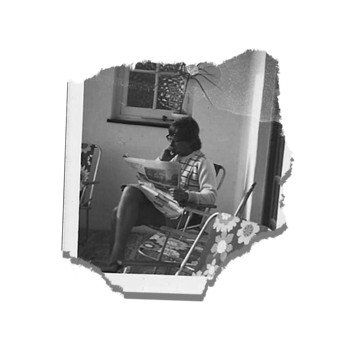
Having finished school at eighteen, there was a decision to be made. What would Peter do for the rest of his life? Would he follow his father into the insurance business? What other options were there? His two year National Service wasn’t an option but actually was a better one than catching the 08:10 train to Waterloo!
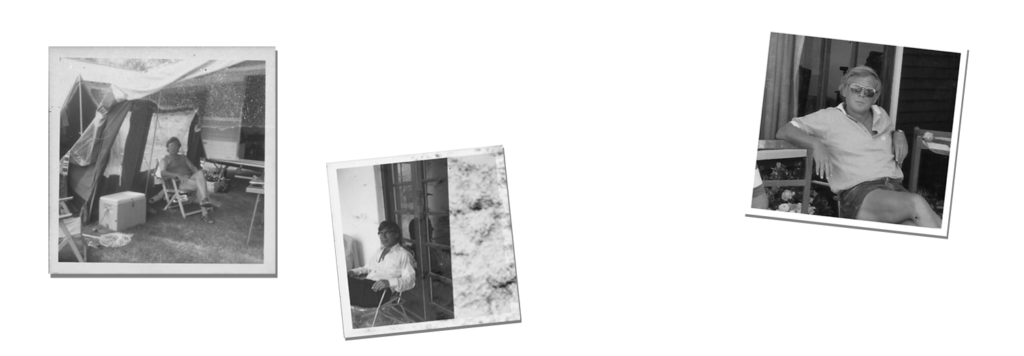
So he joined the Royal Air Force, reaching the rank of Pilot Officer before the age of nineteen. He would have preferred to have been a pilot but his poor eyesight prevented him. He trained in the Isle of Man, and afterwards joined the photographic reconnaissance unit at Nuneham Park in Oxfordshire.
In the meantime, his mother’s first cousin, Chris Phillips, a veteran of World War II based in Burma, travelled to the British Colony of Rhodesia. Chris fell in love with Africa and his storytelling rubbed off onto young ears, encouraging his cousin’s sons, John and Peter, to go on an adventure. To discover Africa themselves. And so they did on the 4th July 1957 from the Port of London travelling on the Braemar Castle. Peter was twenty years old.

As Peter tells in Cry of the Fish Eagle once you hear the cry of a fish eagle you will always return. He actually never left Africa, except for holidays or business, and neither did John. Africa had bitten, and they fell in love with a country that was to change many lives for generations. Following in their footsteps in 1958, Nina and her mother joined the boys. The new generation of Rimmers were about to be born in Africa, just like the Brigandshaws in the Brigandshaw Chronicles. John went on to buy a farm in the northern part of Southern Rhodesia (Centenary) farming tobacco, cotton and sheep. Disliking farming, Peter went to the capital, Salisbury, and began working for Gibbs Insurance, following his father’s footsteps. There he met his first wife Rosemary who had followed her brother out from England. They married in 1963 in Salisbury and their daughter, Heather, was born in 1964. The marriage didn’t work, and they divorced three years later. By that time, Peter had moved to South Africa.
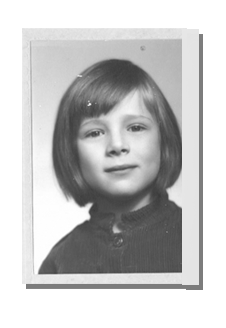
The Business Years
After a few years in Johannesburg, Peter founded Rimmer Associates, an insurance broking company of which over 2% of companies listed on the Johannesburg Stock Exchange were clients of his. He opened branches in America, Australia and Hong Kong travelling extensively between them.It was big business. He employed young people and one of Peter’s rules was that no one dated each other. Another rule: partying only began on a Friday night and finished on a Sunday. He was a tough boss but a fair one and you certainly get an insight into that world of insurance when you read Vultures in the Wind. Not only that, you will get a glimpse of what happened to Rimmer Associates in the mid-seventies when the company closed, forcing Peter to retire from the insurance business at the age of thirty-seven.
Life after the Big J
Peter owned a home in Green Point, Cape Town, but continued his life in Johannesburg dabbling with several entrepreneurial pursuits. A young man with little responsibility, he ran a number of successful singles clubs in Johannesburg and Cape Town where scrumptious smorgasbords or spit barbeques were served, alongside champagne cocktails and loud music. It was party on a big scale.
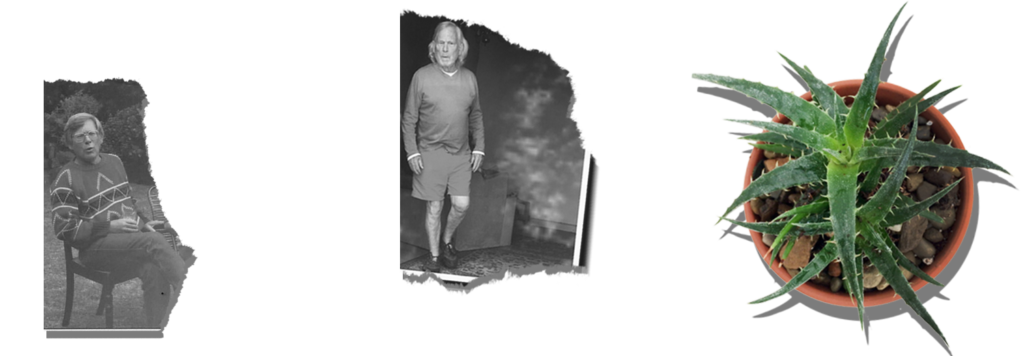
By the early 80s, Peter founded a new business, Paradise Tours, near Hermanus in the Eastern Cape, which offered family holidays by the sea where you could hire a fully kitted tent and be fully entertained by the Rimmer team with food, drink and music. It was hard work and so after a year, Peter decided to call it a day. The singles clubs continued and a partnership in a steak house in Cape Town was struck up. However, he still had a garage full of tents and equipment, so the entrepreneur surfaced again with Peter and his girlfriend, Kathy, running a very successful tent hire company. But deep down, writing was his passion.
Bend with the Wind was written in the mid eighties, and try as he might, he tried to get the book published in the UK. Finding a publisher was near impossible. He nearly succeeded. Not one to give up a challenge, Peter went on to write Cry of the Fish Eagle, the story of Rhodesia and the birth of Zimbabwe, and success came when the novel was published in Zimbabwe by Harper Collins. Cry of the Fish Eagle reached number two on the best sellers list. With the success of his first published book, Peter devoted his time to writing Vultures in the Wind which was again published by Harper Collins, achieving great success. On the back of his success, Peter became a full time writer with Just the Memory of Love following Vultures in the Wind. By the 2000s, Zimbabwe was in free-fall and Harper Collins packed up their bags and no other books of Peter’s were published. It was a setback but undeterred, he began the Brigandshaw Chronicles. Peter and Kathy married and settled on their smallholding in the Eastern Cape of South Africa. Their son, Kim, was born but tragically died the day he was born. For Kathy, the loss of her son would break her heart for the rest of her short life. She and Peter separated a few years after their son’s death and heartbreakingly she passed away at the age of forty. Kathy was always in Peter’s memory.
The time of the Brigandshaws
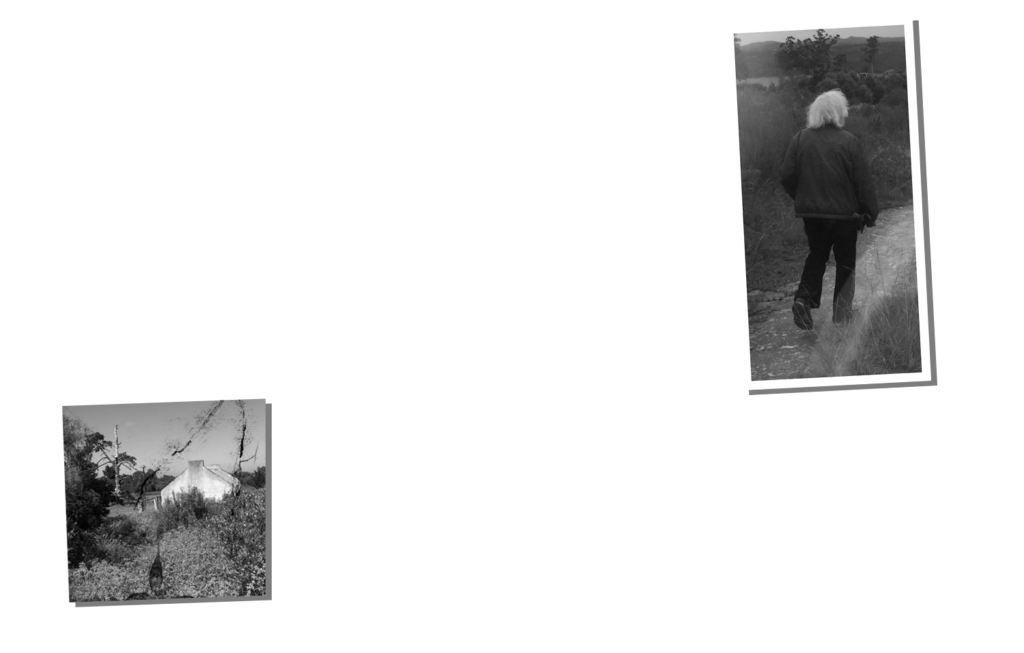
By the early 2000s Peter had already written Echoes from the Past, the first in the Brigandshaw Chronicles, and continued to live his life alone on his smallholding: a smallholding that is one with nature, calm and peaceful, basically far from the maddening crowd. Some may think it was a lonely existence but not for Peter. It was a place of sanctuary where he could disappear into another time, another world, but when surfacing, the reality of the world falls back into place. With only two novels published and no further recognition, Peter constantly nagged his daughter, Heather, who by this time was living in England raising two young children and building a career for herself in the IT world. Peter wanted her to do something with his books. After all, she was in the IT business and eBooks were starting to emerge in the marketplace. Heather was very reluctant! She had read the first thirty pages of Bend with the Wind in her twenties and had been horrified by an explicit sex scene, saying: ‘how can my father know such things!’ She’s over it now.
